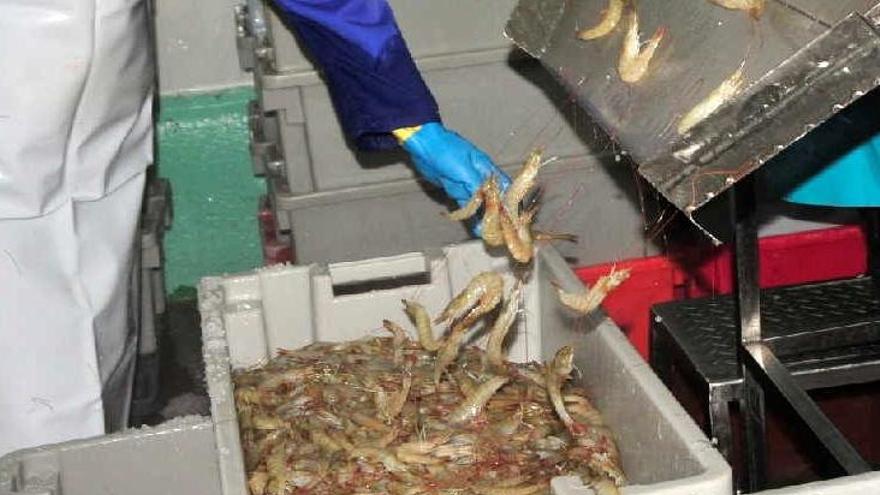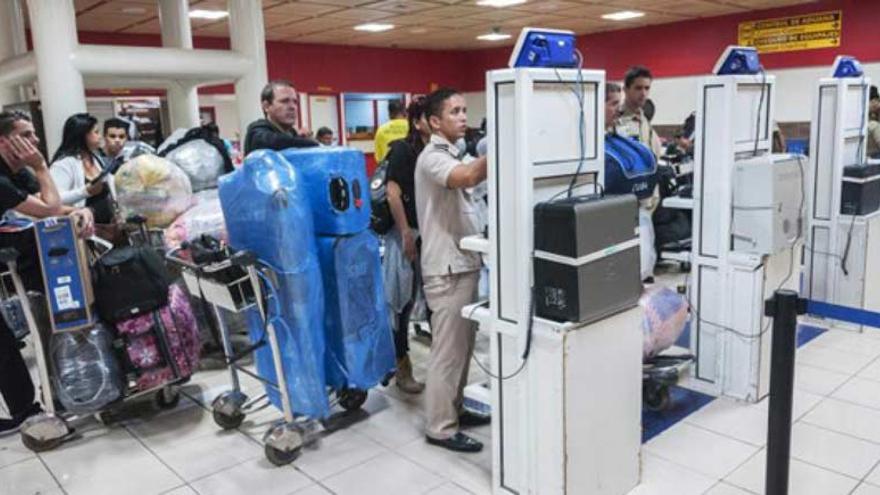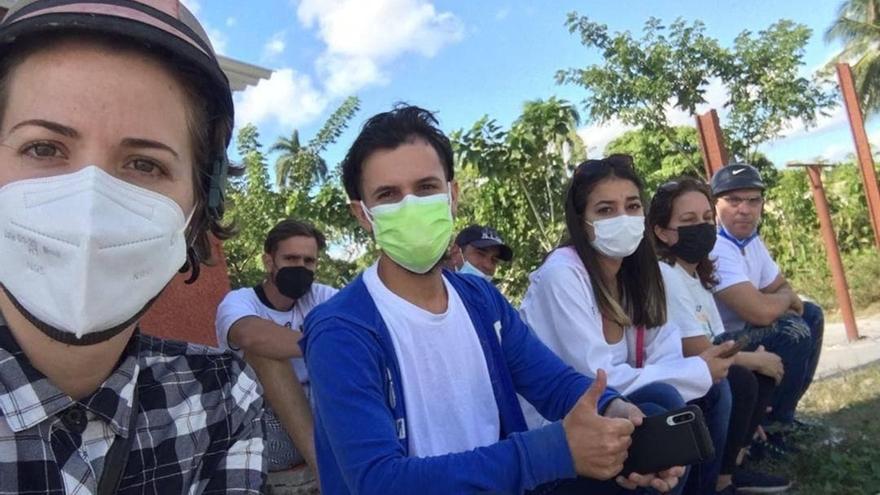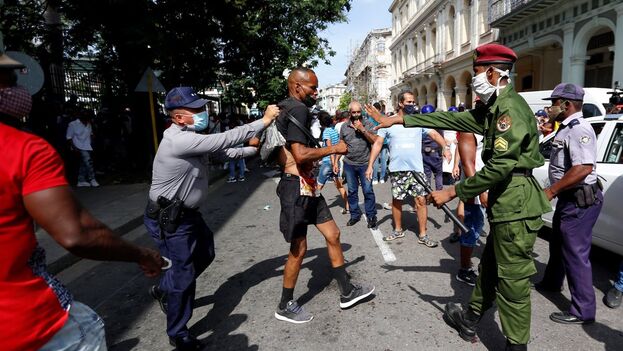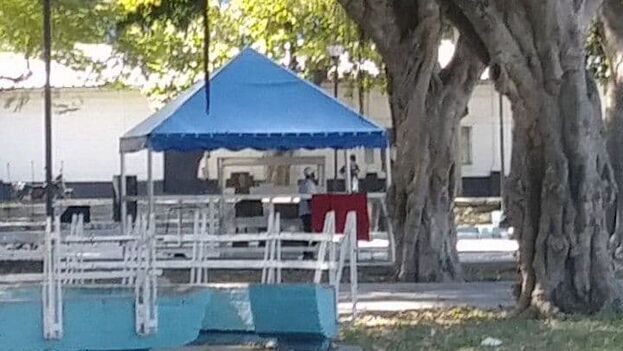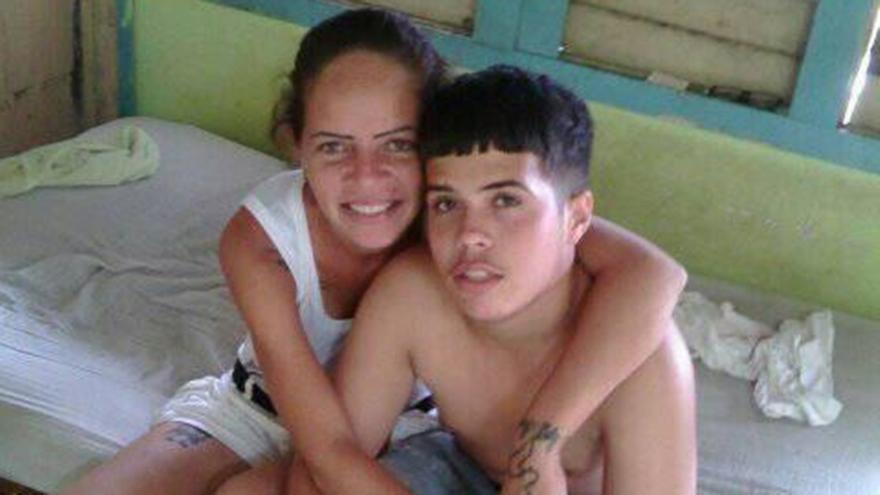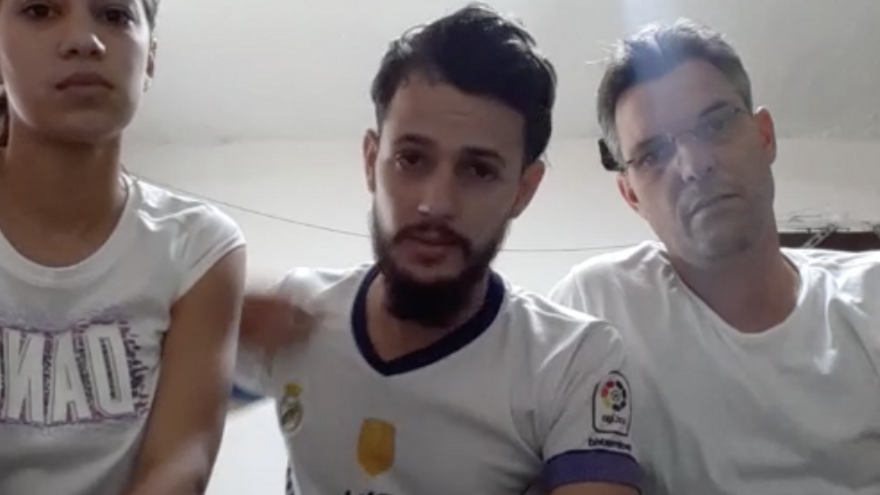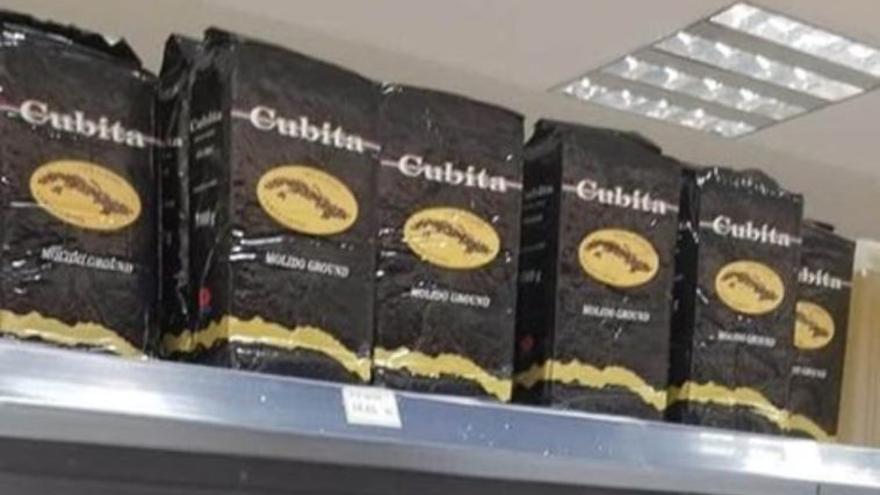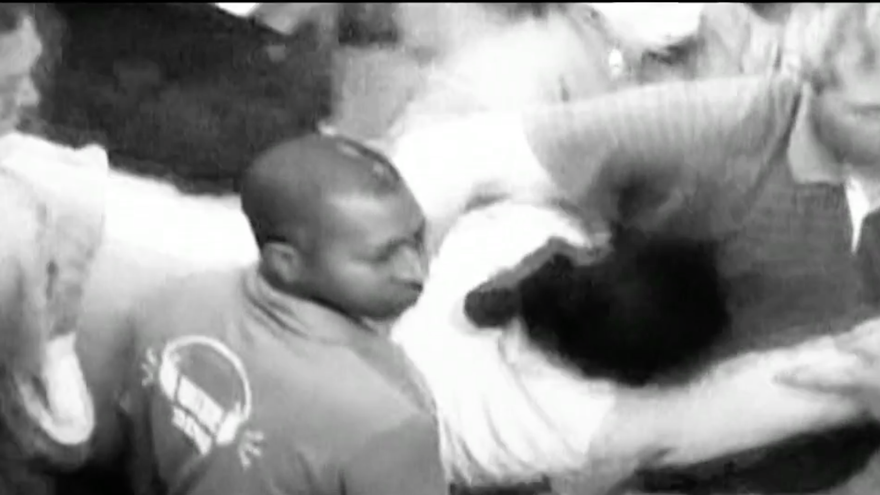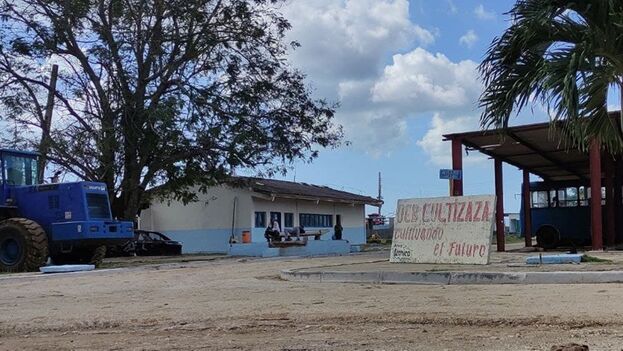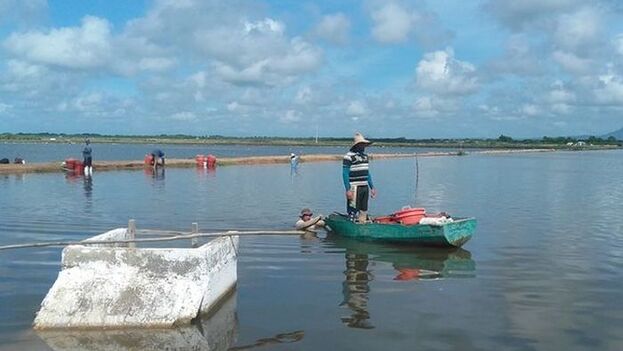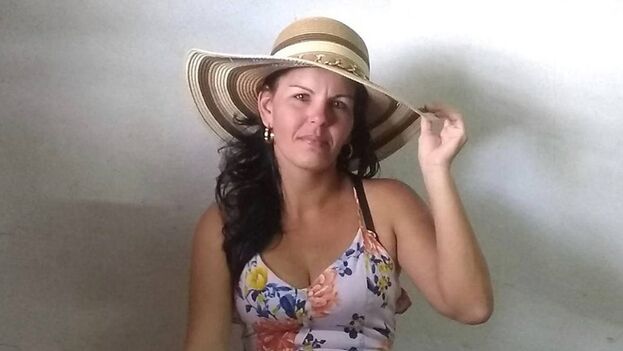
![]() 14ymedio, Elías Amor Bravo, 10 December 2021 — The insistence of the communist Cuban regime in promoting urban, suburban and family agriculture as a way of achieving food sovereignty is now past a joke. Because it is one thing to amuse yourself in communist conclaves with these types of proposals which take you nowhere. There are darker motives, of that there is no doubt. But something else entirely is their idea of growing pumpkins or taros in parks or gardens, in flower pots, or raising pigs in your back yard; that is a solution to absolutely nothing.
14ymedio, Elías Amor Bravo, 10 December 2021 — The insistence of the communist Cuban regime in promoting urban, suburban and family agriculture as a way of achieving food sovereignty is now past a joke. Because it is one thing to amuse yourself in communist conclaves with these types of proposals which take you nowhere. There are darker motives, of that there is no doubt. But something else entirely is their idea of growing pumpkins or taros in parks or gardens, in flower pots, or raising pigs in your back yard; that is a solution to absolutely nothing.
In every country in the world, for considerations of hygiene, coexistence with other people, and social organisation, this kind of practice has been forbidden since the middle of the last century. That this is what they want to do in Cuba, to put something on the table for lunch, or one meal a day, gives you an idea of how little the communist leaders understand, and how little they know about agriculture and stock breeding. To set out on a headlong flight on a matter this important is totally irresponsible.
In this blog, we have several times discussed the proposals which this “national group of urban, suburban and family agriculture” has come up with. The group is the organisation set up by Raúl Castro himself to advance these activities, and which, according to the state newspaper Granma, has just carried out its umpteenth tour, apparently number 90, and, also “through all parts of the country,” in order to “assess the production of vegetables using organoponic technology,” in parks, gardens, yards and flowerpots. No more, no less.
It isn’t surprising that there is a shortage of food in Cuba when a government bets on this kind of production model instead of focussing on more important things. We get the impression we are clearly seeing the death throes of the communist social model when they do this sort of thing. And never more clearly than in products so specific and in so much demand from the Cuban people as vegetable production using organoponic technology. Its like a nightmare, and one of the worst.
Why do we say that urban, suburban and family agriculture can’t solve the food problem in Cuba? continue reading
First of all , because it is a short run production model producing small quantities, just enough for a family’s own consumption, or at most for the people in a couple of streets, and on this basis, unable to resolve a problem which affects most of the society.
The Cuban agricultural sector, instead of producing in smaller spaces, needs to achieve increasing output to scale where it gets to the minimum point on the unit cost curve, with efficient technology, or, to put it into simple terms, growing things on land areas sufficient for what it wants to harvest. Vegetables, for example, require parcels of land of a certain size in order to grow things at the best prices.
Communist ideology’s rejection of wealth is a political obstacle to land distribution which, in other countries, like Vietnam, has been the solution to agricultural shortages.
Secondly, in contrast to what the communist leaders say, this programme is unsustainable, and, on the contrary, is high-risk. We have referred to sanitary conditions, but we have to pay attention to the processes and techniques used in production. To revert to obsolete and unproductive methods is hardly sustainable, calling for higher input than in efficient land plot sizes.
To bring agricultural activity near to urban areas where people are pursuing their lives, entails social risks. For example, crop irrigation; where does the water come from? Perhaps from everyone’s drinking water supply? This is unsustainable, and wasteful, which will end badly. Also one could mention use of fertilisers and plant protection products, which can be applied to organoponics in urban gardens, next to roses or daisies. All very pretty, but dangerous.
Thirdly, and most importantly, no-one can expect any kind of food self-sufficiency, despite Granma saying that they “have stabilised production.” If we want to talk about statistics, the ONEI (National Statistics & Information Office) confirms that during 2021 (January to September period) vegetable production, including all varieties, has experienced a reduction of 214 thousand tons compared with the same period the previous year, that is 8.5% less, so that Cubans had less supply than in 2020, which was already a bad year. Less to choose from all the time.
Granma itself acknowledges, citing an expert in this programme attempting to cultivate taros in public gardens, that the levels of production achieved “are insufficient in most of the subprogrammes.” And, it has to be said, they will continue to be.
This “national group of urban, suburban, and family agriculture” can continue visiting every area in Cuba, and coming up with slogans in all of them, in order to carry on with its tours the following year. At the end of the day, going around like that at least does not get in the way of the work of the farmworkers working their furrows, who are the ones who are really committed to food self-sufficiency in the country, but who are impeded by the government with all sorts of obstacles and intrusions.
Without any doubt, this model of garden agriculture will not increase agricultural productivity, nor assist food self-sufficiency, and certainly not local resilience and sustainability. It is a foolish dream from the past, like when Fidel Castro in the middle of the “Special Period,” gave Cuban families chickens from the state farms to raise in their own homes, just to entertain people who had nothing to do, but will never produce more food nor sort out any kind of self-sufficiency.
The Cuban communist regime needs to understand that if it wants to provide a food supply to the people in this country, it needs to start by forgetting about 30 pounds per capita of agricultural products in their projects, or about worn-out experiments like organoponics, and let Cuban farmers decide what to produce, how much to produce, at what prices, and, above all, free to do it where they think convenient, and employing the area of land they wish, not what has been leased out by the local communists, Organoponics won’t appear anywhere. And won’t destroy the few gardens surviving in parks, accentuate the general destruction of the urban landscapes, or produce infections of back yards, and flower pots, with weeds, insects, and also cause sanitary and social problems.
Translated by GH
____________
COLLABORATE WITH OUR WORK: The 14ymedio team is committed to practicing serious journalism that reflects Cuba’s reality in all its depth. Thank you for joining us on this long journey. We invite you to continue supporting us by becoming a member of 14ymedio now. Together we can continue transforming journalism in Cuba.

